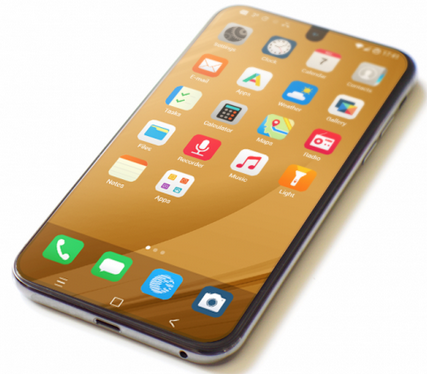Not really, but I apologise for playing the devil’s advocate perhaps.
I don’t see this issue here as an issue of right or wrong at all, so I found this line of arguing rather curious.
Anyway …
I really don’t care either way, I don’t use this either way, I don’t need this to be either way, I’ll live with it either way.
I understand wanting the phone to stay off, I also understand wanting the alarm to sound even if it’s off, both lines of thinking are coming from somewhere, and I understand both. This really isn’t hard to do.
What I see is pretty simple:
There are devices behaving in a certain way.
There are devices not behaving in this certain way.
There are users wanting a device to behave the one way.
There are users wanting a device to behave the other way.
No arguing in whatever direction here in this context will make the devices go away which behave the respective other way.
No arguing in whatever direction here in this context will make the users go away who want a device to behave the respective other way.
Implementing or not implementing the behaviour one or the other way obviously is a choice for the powers doing it, because both ways are out there in practice.
So the obvious solution for users (if technically feasible) should be choice, too.
Which you want to deny users by being dogmatic about it, ok, so be it.
But what do you want to do now?
You or me or anybody asking anybody else about it will achieve nothing specific in this matter.
UX persons of anybody’s choice knowing anything will achieve nothing specific in this matter.
We will still have the device at hand in this topic (as well as other devices) behaving in a certain way one side of the argument including you find absolutely bizarre, with the other side finding it absolutely reasonable and desirable.
So, the constructive thing to do from my point of view would be … Put in a feature request to at least have a chance to make something specific happen in this matter … to get this changed to your liking, or to get a choice, or to get a specific explanation why this can not be done, or to get a specific explanation why this will not be done.

